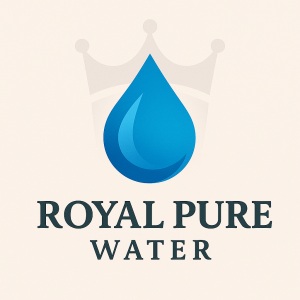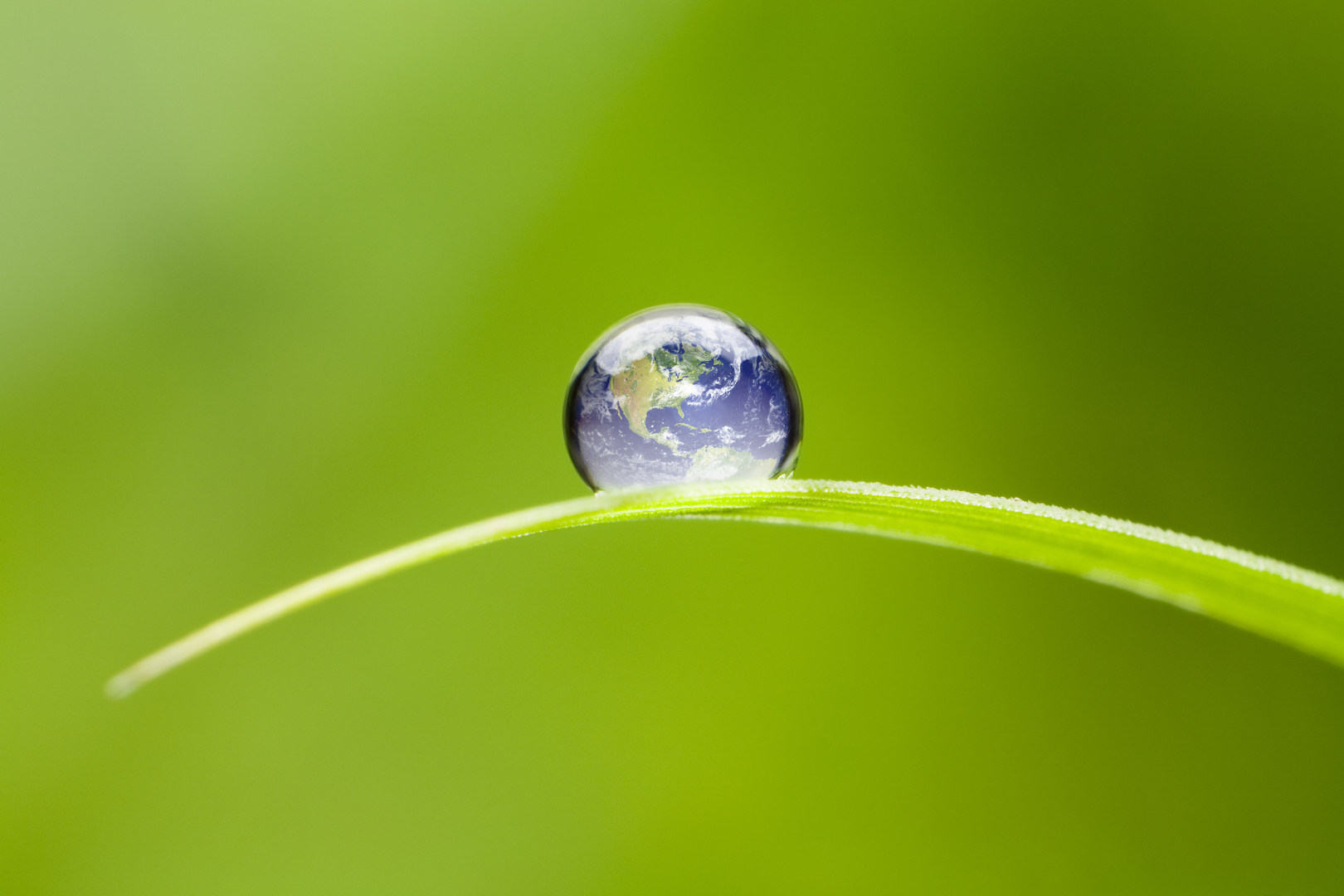The Global Water Crisis
A Looming Threat to Humanity
Water, the essence of life, sustains all living organisms on Earth. However, despite being a seemingly abundant resource, a significant portion of the world's population faces the dire consequences of the global water crisis. This pressing issue demands immediate attention and collaborative efforts from governments, organisations, and individuals worldwide. In this article, we explore the causes, impacts, and potential solutions to combat the alarming state of the global water crisis.
The State of Global Water Resources
As of 2021, it was estimated that over 2.2 billion people lacked access to safe drinking water, and approximately 4.2 billion people faced water scarcity for at least one month each year. This alarming scenario was further exacerbated by population growth, climate change, and unsustainable water management practices.
Causes of the Global Water Crisis
A. Overpopulation: As the world's population continues to grow, the demand for water escalates, placing immense pressure on available water resources.
B. Climate Change: Changing weather patterns, increased temperatures, and extreme weather events have led to altered precipitation patterns, causing droughts and floods that disrupt water availability.
C. Pollution: Industrial and agricultural activities have led to the contamination of water bodies, rendering them unsafe for human consumption and aquatic life.
D. Mismanagement: Inadequate infrastructure, inefficient irrigation practices, and a lack of water conservation strategies exacerbate water scarcity issues.
Causes of the Global Water Crisis
A. Public Health: Insufficient access to safe drinking water increases the risk of waterborne diseases, leading to numerous deaths, especially in developing nations.
B. Food Security: Agriculture accounts for 70% of global water consumption. Water scarcity threatens crop production, thereby compromising food security for millions.
C. Economic Consequences: Businesses reliant on water resources face disruptions in production, leading to economic losses and potential job cuts.
D. Ecosystem Decline: Depleted water bodies harm aquatic ecosystems, leading to a loss of biodiversity and further threatening fragile ecosystems.
Impacts of Water Scarcity
A. Public Health: Insufficient access to safe drinking water increases the risk of waterborne diseases, leading to numerous deaths, especially in developing nations.
B. Food Security: Agriculture accounts for 70% of global water consumption. Water scarcity threatens crop production, thereby compromising food security for millions.
C. Economic Consequences: Businesses reliant on water resources face disruptions in production, leading to economic losses and potential job cuts.
D. Ecosystem Decline: Depleted water bodies harm aquatic ecosystems, leading to a loss of biodiversity and further threatening fragile ecosystems.
Impacts of Water Scarcity
The global water crisis disproportionately affects marginalised communities, exacerbating social inequalities. Women and children, who are often responsible for water collection in many regions, face health risks and limited educational opportunities due to time-consuming water-fetching activities.
Potential Solutions
A. Water Conservation: Encourage the adoption of water-saving technologies and promote responsible water use in households, industries, and agriculture.
B. Sustainable Infrastructure: Invest in modernising water infrastructure to reduce leaks and losses in distribution systems.
C. Wastewater Treatment: Implement effective wastewater treatment systems to minimise water pollution and enable safe reuse.
D. Climate Change Mitigation: Combat climate change through reduction of greenhouse gas emissions to preserve water resources.
E. International Cooperation: Foster international collaboration and partnerships to address transboundary water issues.
Potential Solutions
The global water crisis is a multifaceted challenge that necessitates urgent action from all stakeholders. The consequences of failing to address this crisis are severe, impacting public health, food security, economies, and the environment. By implementing sustainable practices, investing in infrastructure, and raising awareness, humanity can confront this crisis head-on and secure a better future for all, where access to clean and safe water is a fundamental right, not a privilege.


